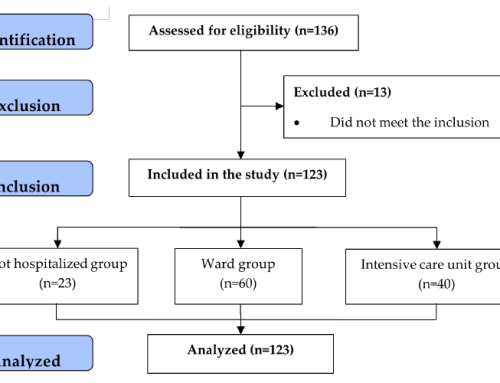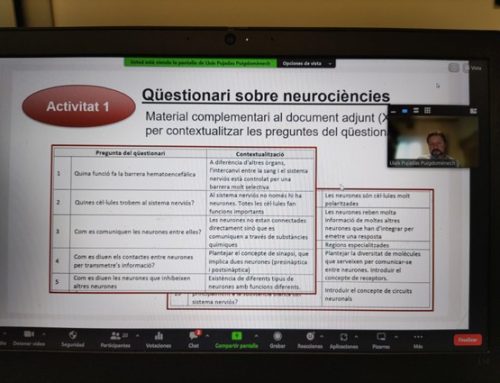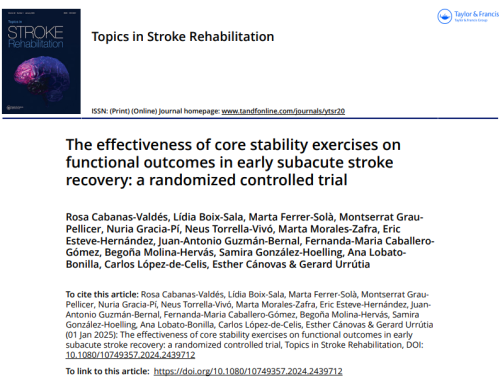Cano Sanchez, M., Lancel, S., Boulanger, E., & Neviere, R. (2018). Targeting Oxidative Stress and Mitochondrial Dysfunction in the Treatment of Impaired Wound Healing: A Systematic Review. Antioxidants, 7(8), 98. https://doi.org/10.3390/antiox7080098
Abstract
Wound healing is a well-tuned biological process, which is achieved via consecutive and overlapping phases including hemostasis, inflammatory-related events, cell proliferation and tissue remodeling. Several factors can impair wound healing such as oxygenation defects, aging, and stress as well as deleterious health conditions such as infection, diabetes, alcohol overuse, smoking and impaired nutritional status. Growing evidence suggests that reactive oxygen species (ROS) are crucial regulators of several phases of healing processes. ROS are centrally involved in all wound healing processes as low concentrations of ROS generation are required for the fight against invading microorganisms and cell survival signaling. Excessive production of ROS or impaired ROS detoxification causes oxidative damage, which is the main cause of non-healing chronic wounds. In this context, experimental and clinical studies have revealed that antioxidant and anti-inflammatory strategies have proven beneficial in the non-healing state. Among available antioxidant strategies, treatments using mitochondrial-targeted antioxidants are of particular interest. Specifically, mitochondrial-targeted peptides such as elamipretide have the potential to mitigate mitochondrial dysfunction and aberrant inflammatory response through activation of nucleotide-binding oligomerization domain (NOD)-like family receptors, such as the pyrin domain containing 3 (NLRP3) inflammasome, nuclear factor-kappa B (NF-κB) signaling pathway inhibition, and nuclear factor (erythroid-derived 2)-like 2 (Nrf2)












Leave a Reply